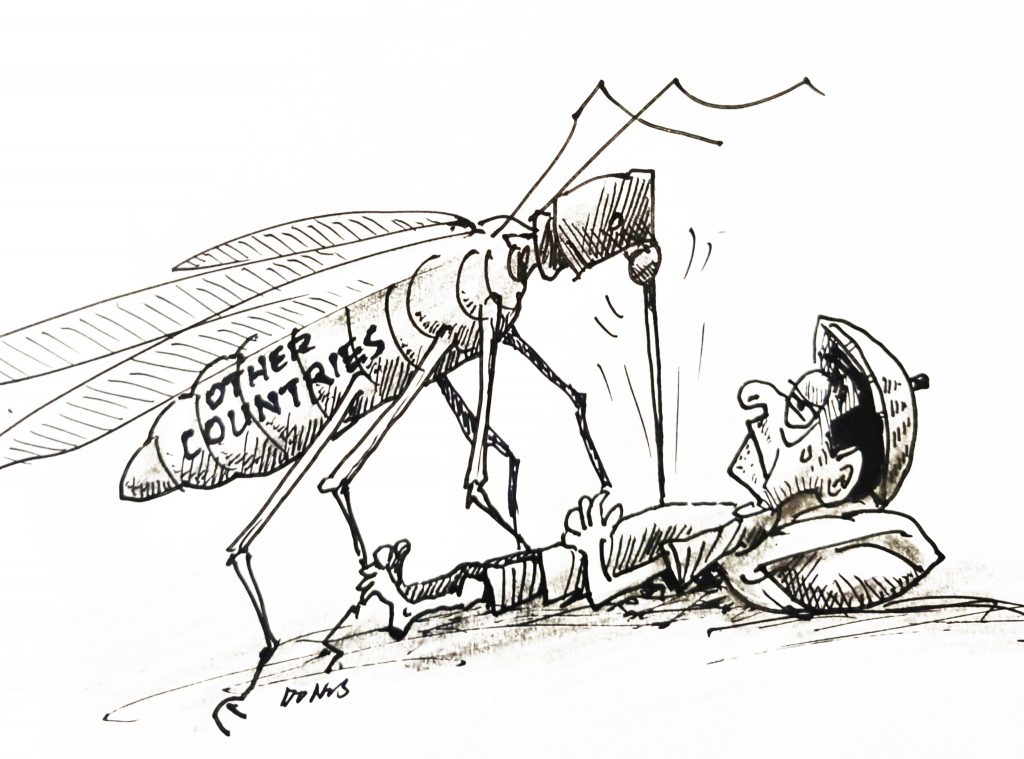The Philippines is a country that abounds with geniuses in several areas. It is sadly poor, though. Its institutions are weak, and its systems are mostly broken. That is a paradox that must be challenged and questioned.
For instance, Filipinos are in demand globally as outstanding, adaptable, and intelligent people. Middle Eastern engineers, European nurses, Silicon Valley’s information technology specialists, and academic stars at universities around the globe—Filipinos are there and excel. But strangely, excellence is lost locally, overwhelmed by bureaucracies, corruption, and subpar performances. If the nation is so talent-endowed, why are government, education, healthcare, and public service institutions weak and ineffective?
The reality is that the issue is not one of intellectual ability but decay in the system. Genius is irrelevant in a nation where excellence is either not seen, stifled, or hijacked by a political system that pays for loyalty rather than talent, and conformism rather than revolution. Brilliant professionals exit the country not due to a lack of patriotism, but because this country penalizes meritocracy and promotes mediocrity. The intelligent are discriminated against, the courageous are vilified, and the truthful are drained by an irreparable system.
There is also the matter of alienation. Thinkers, scholars, and experts are usually confined to academic or bureaucratic ivory towers, far from the immediate concerns of ordinary Filipinos. There is not much theory translated to practice or ideas translated to action. Institutions do not embrace innovation; institutions fear it. And when wisdom cries out, the powerful bury it beneath a flood of babble, charm the people with amusement, or mock facts with disdain. It is not a lack of genius that afflicts this country—there is too calculated a stoppage of its use.
To allow such a state of affairs to exist is national sabotage. Structural change must be undertaken—not just to facilitate intelligence, but to place wisdom at the heart of governance and development. Systems must be reconfigured to prize evidence, reward merit, and promote bold thinking. Until that happens, the Philippines will continue to produce brilliant minds that light up foreign shores while its own country is left in the dark.




